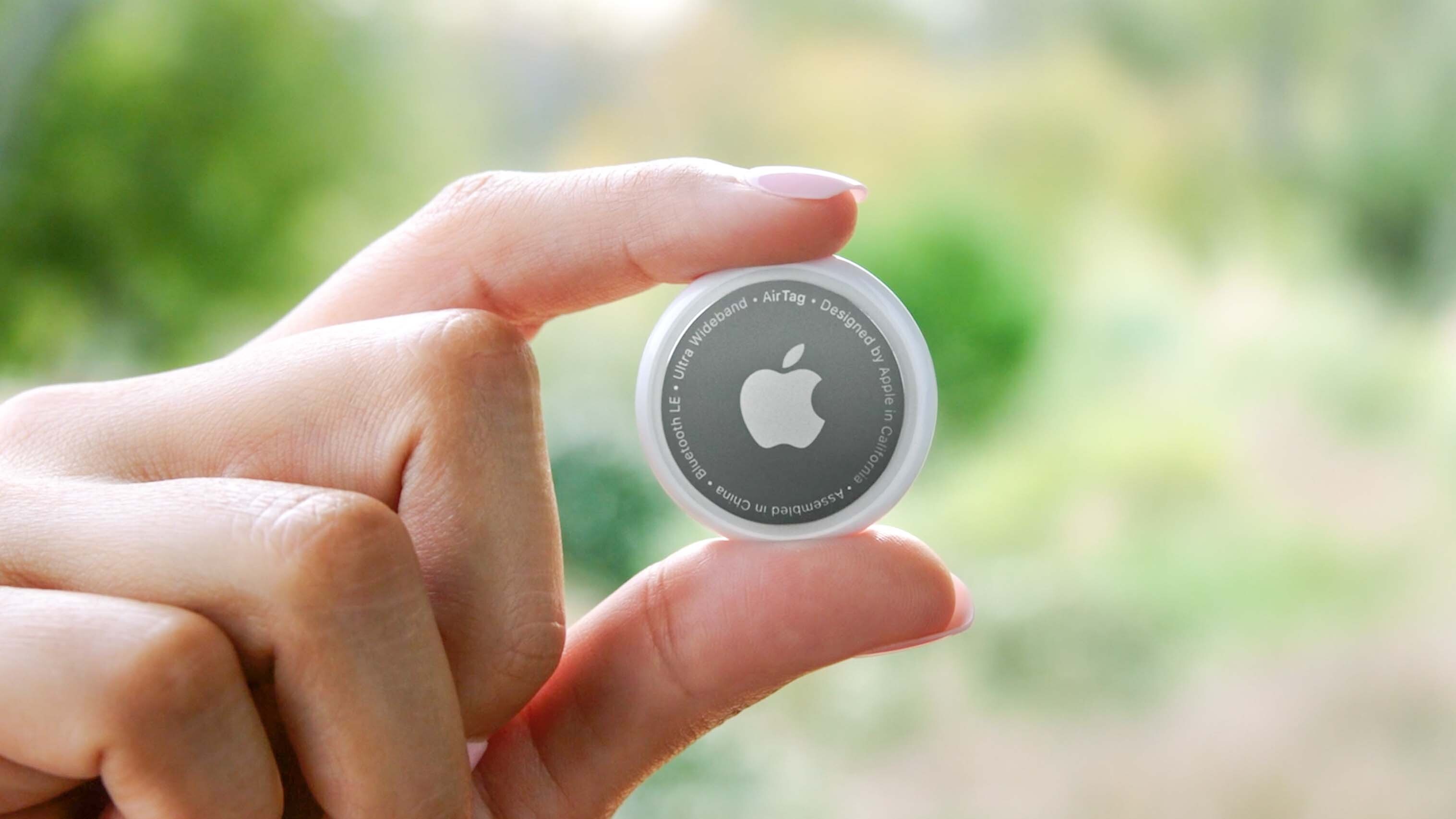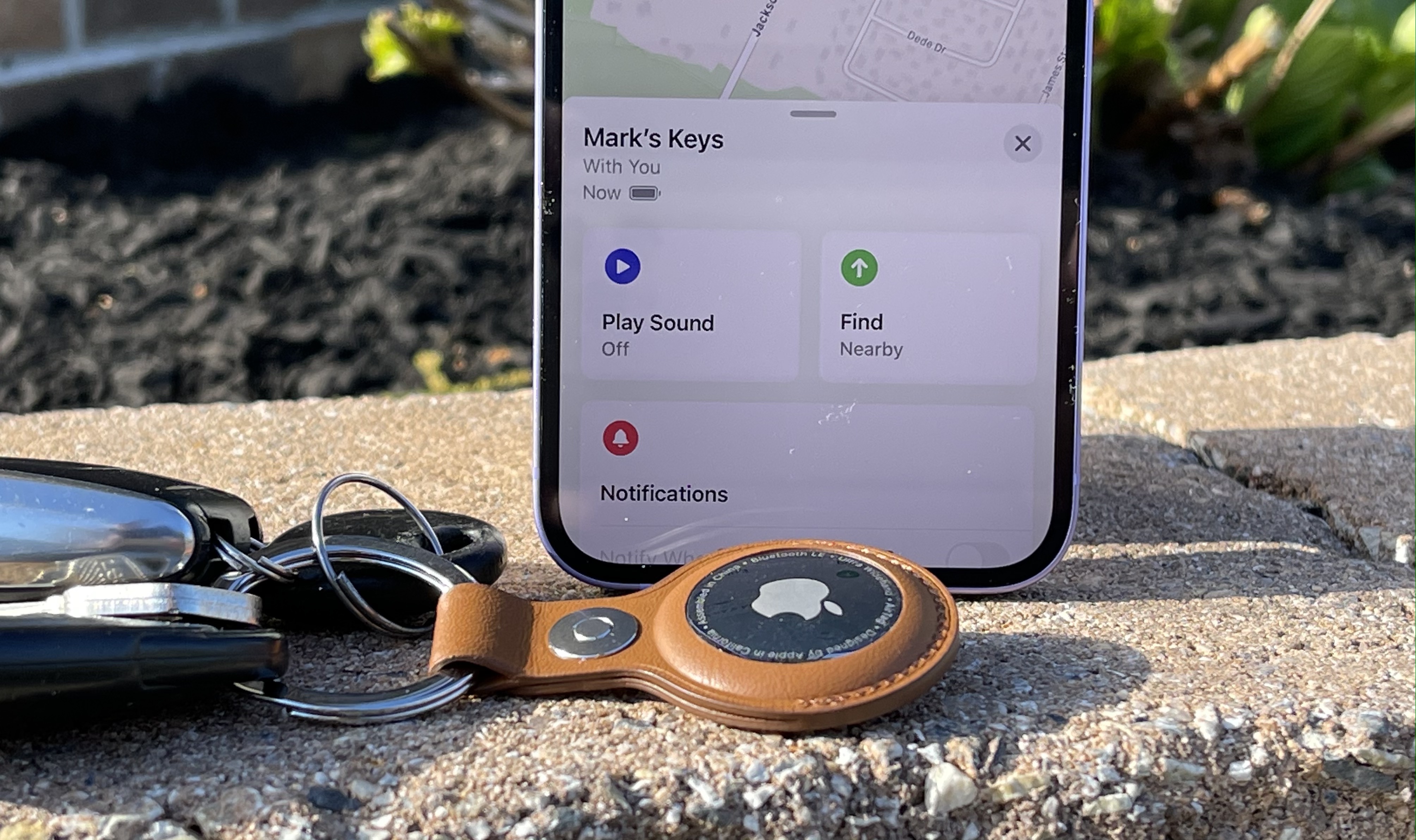AirTag anti-stalking measures tested — and they're not good enough
Apple needs to do more to prevent AirTag stalking

The Apple AirTags are a $29 solution to the problem of losing your keys, but concerns about privacy features are already being raised just a week after the tracker's release. In particular, it’s being apparent that the mini-tracker doesn’t have strong enough anti-stalking features.
While Apple has assured potential buyers that AirTags offer strong privacy protection and anti-stalking measures, a report by The Washington Post makes for grim reading for anyone concerned that the trackers could be used nefariously.
- Apple AirTag review: The best key finder for the iPhone
- AirTag vs. Tile: How Apple’s key finder compares
- Plus: Apple needs to make this new iMac-inspired MacBook Air 2021
The Washington Post’s Geoffrey Fowler performed a series of real-world tests and has claimed the AirTag anti-stalking safeguards “just aren’t sufficient."
In his tests, Fowler planted an AirTag on himself and asked a colleague to pretend to stalk him, his ultimate conclusion was that Apple’s tracking devices are a “new means of inexpensive, effective stalking."
Apple’s privacy features include letting iPhone users know when an AirTag is traveling with them, alongside regular sound alerts when an AirTag has been apart from its registered owner for more than three continuous days. None of these measures were effective enough in Fowler’s tests.
After three days, Fowler’s AirTag did play a sound to alert him, but it was just light chirping that was easily muffled if there was an object on top of the AirTag. Furthermore, this sound alert only played for 15 seconds before the tag went quiet again for several hours.
The three-day countdown also resets if the tag comes in contact with the registered owner’s phone. So if, for example, an abusive partner was using an AirTag to monitor the location of someone they lived with, the sound might never activate in the first place.
Sign up to get the BEST of Tom's Guide direct to your inbox.
Get instant access to breaking news, the hottest reviews, great deals and helpful tips.
Even more concerning is that while iOS users will receive an alert if an unknown AirTag is moving along with them, these alerts aren’t available to Android users which make up roughly half of U.S. phone owners. That's an issue that needs addressing quickly.

The colleague performing the mock stalking was kept well informed of Fowler's movements with fresh updates every few minutes that ranged from his exact location when at home to around half a block accuracy when he was out and about.
After these rather disturbing findings, The Washington Post contacted Apple and received a comment from Kaiann Drance, vice president of iPhone marketing.
She called the safeguards an “industry-first, strong set of proactive deterrents," but did claim the features could be tweaked over time.
“It's a smart and tunable system, and we can continue improving the logic and timing so that we can improve the set of deterrents,” said Drance.
Drance also explained why three days was selected as the length of time before an alert rings out, noting Apple “wanted to balance how these alerts are going off in the environment as well as the unwanted tracking.”
While it should be noted that Apple has done more to prevent AirTags from being used for stalking than rival devices from competitors like Tile, it’s still concerning how easily circumvented the security features are proving to be in the real world.
In our AirTag review, we named it the “best key finder for the iPhone” and were overall very impressed by the little tracker. But these privacy measures need serious work otherwise the device could become a useful tool for people with malicious intent.

Rory is an Entertainment Editor at Tom’s Guide based in the UK. He covers a wide range of topics but with a particular focus on gaming and streaming. When he’s not reviewing the latest games, searching for hidden gems on Netflix, or writing hot takes on new gaming hardware, TV shows and movies, he can be found attending music festivals and getting far too emotionally invested in his favorite football team.
